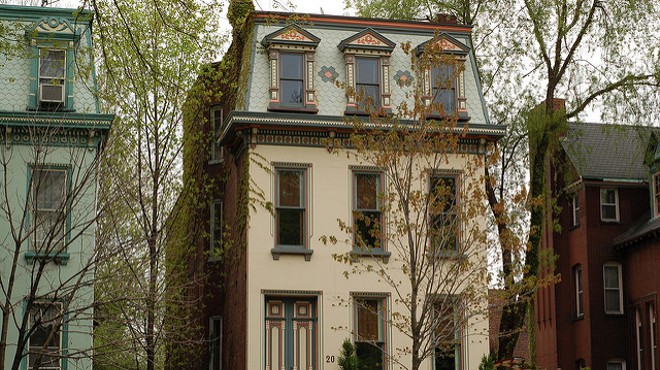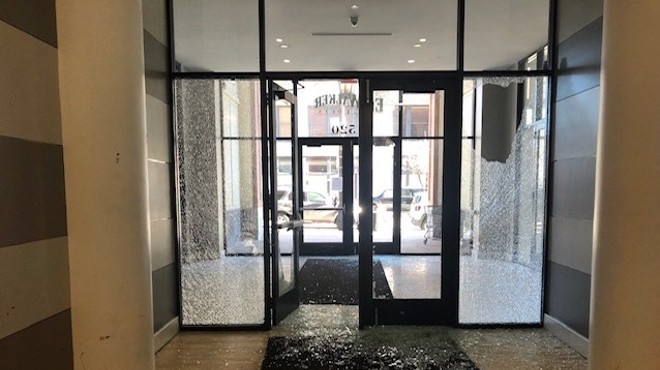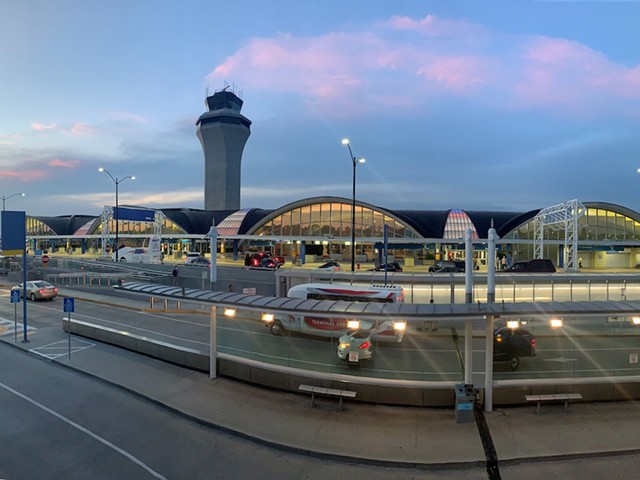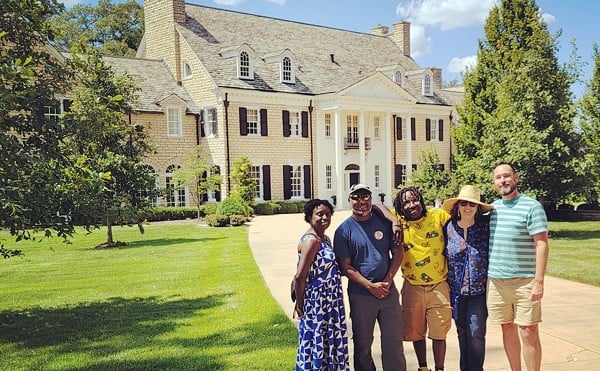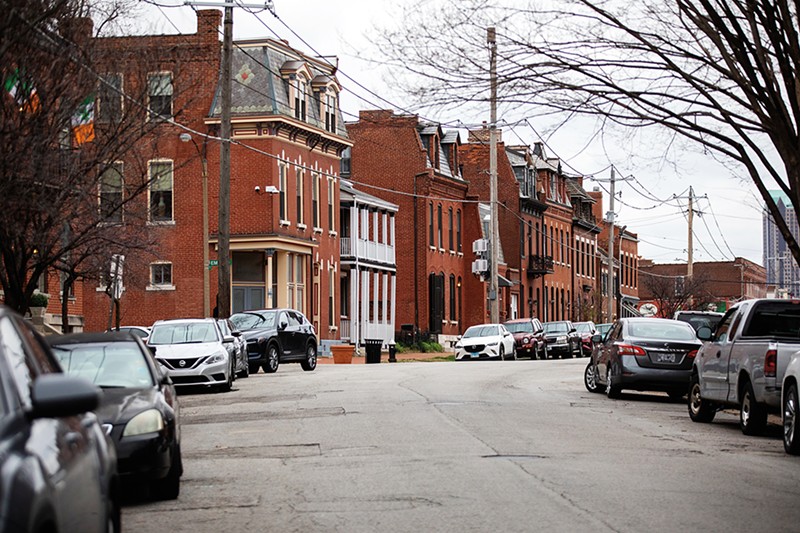
Guests would have to pay for a minimum of two nights if they book a short-term rental in St. Louis under the most recent legislation under discussion at the Board of Aldermen.
Members of the aldermanic Transportation and Commerce Committee on Tuesday detailed several changes to bills written to curb what’s been called the “wild west” of short-term rentals in St. Louis. The two-night-stay minimum was an addition meant to rid the city of short-term rentals used as party houses — a problem that has plagued downtown and other city neighborhoods.
Alderman Bret Narayan first introduced two companion bills to regulate short-term rentals in May after board members spent years mulling the issue. St. Louis is one of few municipalities in the region to have no rules on short-term rentals run through platforms such as VRBO and Airbnb that have been increasingly blamed for criminal activity and nuisance behavior.
Sara Baker, deputy chief of staff to Mayor Tishaura Jones, said at Tuesday’s meeting that 33 changes have been made to the city's measures since aldermen received public input at hearings in June and July.
The amendments would put a tighter grip on short-term rental operators and provide more transparency on who runs short-term rentals and where they are operating. One amendment would require the city to create an online registry of permitted short-term rentals — as well as information about rentals whose permits have been revoked. An online portal managed through the city’s Citizens' Service Bureau would take complaints.
The bills, as they read now, would also:
- Allow the city’s Building Commissioner to start a review for permit revocation after just a single violation. Such action would be required after three violations.
- Require short-term rental “agents” to respond to any issues and be physically present at their properties (“if required”) within one hour. Failure to do so would risk revocation of their permits.
- Exclude any properties with any unresolved city violations from permit eligibility
- Require rental platforms to delist problem properties within seven days of the city revoking their licenses
- Limit the number of short-term rental permits to no more than four per person
- Keep the occupancy load of each rental out of the operator’s discretion. Per the bill, the building commissioner would decide how many people can stay in the rentals based on the city’s residential code.
Next week, aldermen will hold one more hearing on the bills before they are voted on and go to the full board.
The bills’ sponsor, Narayan, along with most of his fellow committee members, wanted to pass the measures on to the full board yesterday. But after the meeting, a citizen group that drafted its own ordinance for short-term rentals criticized aldermen for trying to “speed” the draft.
“This committee has been dealing with this subject for nearly five months,” retired attorney Marvin Nodiff said in a statement. “And this morning, they wanted to cram a new ordinance through committee without process.”
On Wednesday, Narayan told the RFT the city’s proposal had already received “robust conversation” and was the culmination of years of conversations with the public, as well as the city’s building division, police and legal department.
“There have been several town halls, online portals, and several committee meetings,” Narayan says. “The idea that there has not been community input is disingenuous.”
In addition, Narayan says, the full board could make changes on the floor, as aldermen typically do. When asked whether the public should have the opportunity to weigh in on the over 30 changes made to the bills, Narayan said the changes were made based on past community input and concerns expressed during this summer’s hearings.
“It is very unusual to have a committee substitute [bill] receive a lot of scrutiny because the committee substitute [bill] is the fix to concerns brought to committee,” Narayan says.
At yesterday’s meeting, Alderwoman Cara Spencer, who is chairing the committee for this issue after Alderman Shane Cohn’s recusal, lambasted earlier claims that she “blocked” the bills and questioned where the urgency to move them forward was over the last few months. She said she had not received the amended bills until last week and called for another hearing so the public could weigh in on the changes. Failing to do so would be an “oversight,” she said.
In a phone call Wednesday, Spencer said she had several concerns about the strength of the bills. They place no limits on how many short-term rentals could operate in one building — which Spencer fears would lead to “ghost hotels” in buildings overwhelmed by short-term rentals.
And unlike Kansas City’s recently-passed rules on short-term rentals, St. Louis’ proposal holds no cap on how many people can stay in a rental other than what the city's residential code allows per square foot. Large homes in St. Louis, according to Spencer, could still host over a dozen people.
Kansas City also bars non-residents from operating short-term rentals in residential areas. St. Louis’ bills would continue to allow operators to set up anywhere.
“I think as important as it is to get this done, it’s even more important to get it done right,” Spencer says.
Follow us: Apple News | Google News | NewsBreak | Reddit | Instagram | Facebook | Twitter | Or sign up for our RSS Feed

